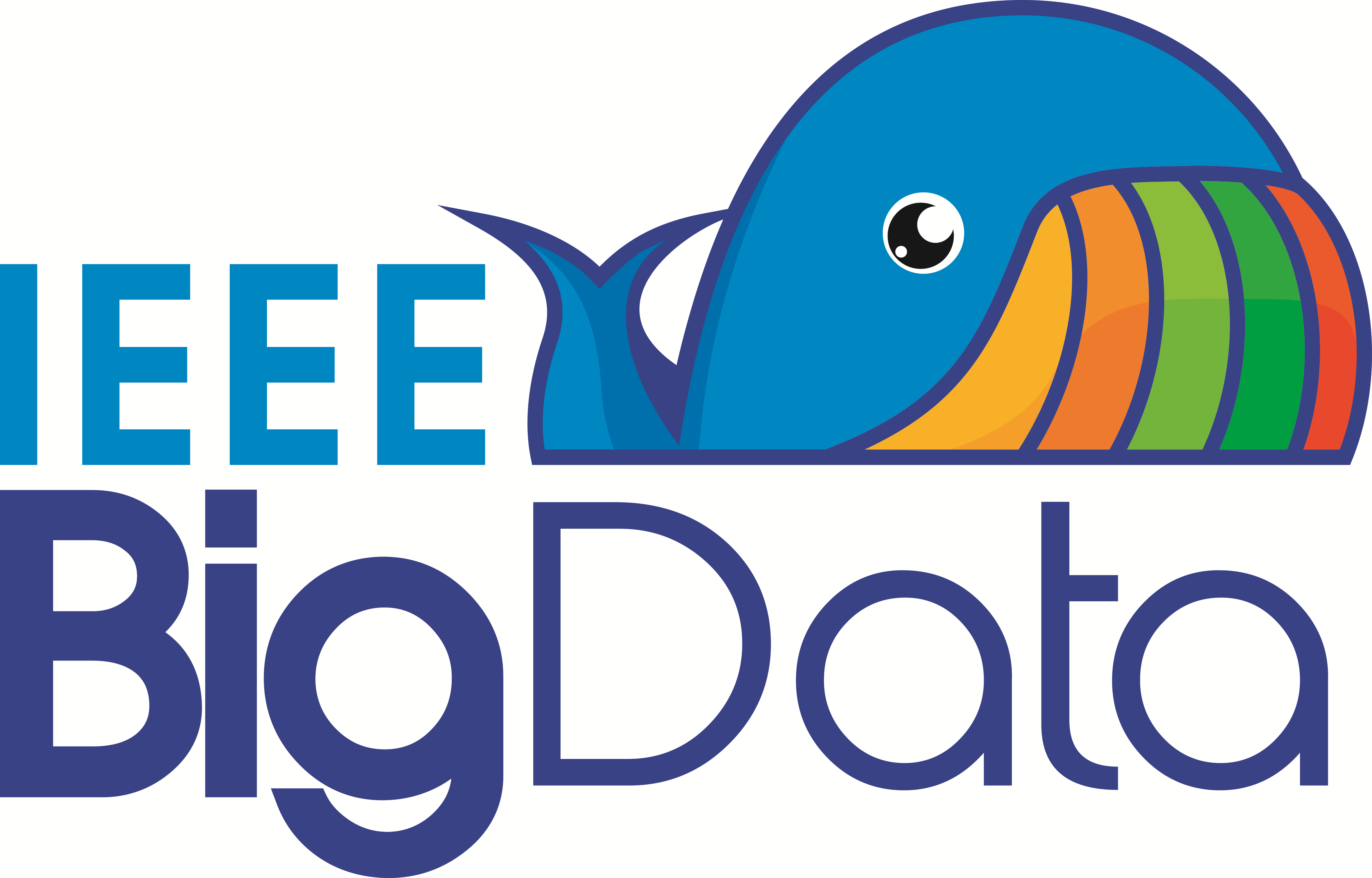Welcome to the 2nd IEEE BDTL!
Although widely applied on lots of scientific research, conventional statistical machine learning revolves on a simplified assumption that the training data, from which the algorithms learn, are drawn i.i.d. from the same distribution as the test data, to which the learned models are applied. This assumption, being broken down by numerous real-world applications and practice, espe-cially with the emergence of large-scale healthcare data (e.g., electronic medical record, medical sensors, MRI/CT/X-Ray images) from both private Intranet and public Internet/databases1, has fundamentally restricted the development of practical learning algorithms. For example, intelli-gent recognition systems are trained to recognize malignant tumors or predict certain disease; however, when deployed in the new environment, these algorithms may confront tumors in different shapes, textures with different background, or patient with different demographics from different regions. Although both benign and malignant tumors and the disease being pre-dicted have been registered in system already, it may still fail due to enormous variations be-tween training data and test data in terms of appearance or feature space.
With AI and machine learning algorithms being increasingly popular towards knowledge mining for health informatics, there is an urgent need to ''smooth'' the transition and deployment work from intelligent system trained in manufacturer’s lab to that operated in hospitals. On the other hand, weakly labeled or unlabeled data in relevant fields may contribute generic features and representations for healthcare data in variety of formats, e.g., zero-shot learning, self-taught learning, which open up a new way for knowledge transfer in health informatics.

